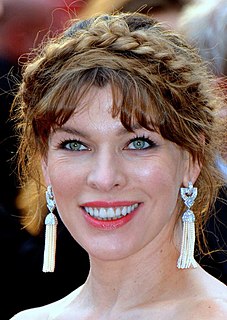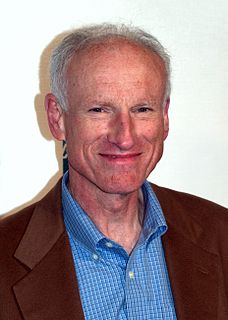A Quote by Amitava Kumar
For years, in the wake of Rushdie, I had imagined magical realism to be the last refuge of the non-resident Indian.
Related Quotes
I think being raised within a Mexican Catholic family made magical realism a very natural part of who I am as a person and as a writer. My parents always told us great stories that often had magical elements and roots within Mexican folklore. Also, I remember my father reading a book to me, when I was very young, about the lives of saints. Those were crazy scary stories! Maybe he was trying to scare me into being a good person. In the end, magical realism offers me untethered freedom to explore human frailty and the way we clumsily cobble together our lives on this strange planet.
The Americans only like things they can label, even if it kills them. Think of those poor Latin American writers. Some of them are very good. But the "magical realism" label has absolutely ruined them. The critics are like tourists who return from a trip saying they've "done" Machu Picchu: "Okay, we've done magical realism," so now we can throw it out.
As you see, I bear some resentment and some scars from the years of anti-genre bigotry. My own fiction, which moves freely around among realism, magical realism, science fiction, fantasy of various kinds, historical fiction, young adult fiction, parable, and other subgenres, to the point where much of it is ungenrifiable, all got shoved into the Sci Fi wastebasket or labeled as kiddilit - subliterature.
American society is very like a fish society. . . . Among certain species of fish, the only thing which determines order of dominance is length of time in the fishbowl. The oldest resident picks on the newest resident, and if the newest resident is removed to a new bowl, he, as oldest resident, will pick on the newcomers.




































